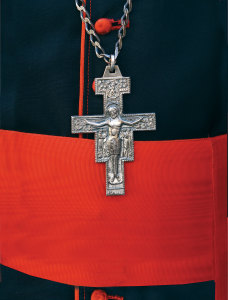
Cardinals, defenders of the faith.
The new cardinals chosen by Pope Francis are pastors of rapidly growing flocks in many “peripheral” regions of the world. But they are not “progressives.” Rather, they are staunchly orthodox men of Christian faith who are leading the Church into her future — which may not include the traditional “heartland” of the Church.
In much of the secular media, the “spin” on Pope Francis’ January 4 announcement that he would create 20 new cardinals on February 14 in Rome was that he had chosen “moderates,” even “progressives,” and, by implication, had avoided choosing “conservatives.”
However, this is not accurate. The 20 new cardinals chosen by Francis do represent a diversity of nationalities and societal circumstances, but their number includes many Churchmen with “conservative” (the better word is “orthodox Catholic”) cultural and theological leanings.
Among the new cardinals under the age of 80 (and therefore eligible to vote in the next conclave) are five European bishops, three from the continent of Asia, three from Latin America, including Mexico, two from Africa and two from Oceania.
In a January 4 statement to journalists regarding the naming of the new cardinals, Vatican spokesman Fr. Federico Lombardi, S.J., drew attention to the fact that Pope Francis had selected bishops from small, often minority Catholic populations, like Cape Verde, Myanmar and Tonga, rather than from larger dioceses which traditionally have had a cardinal. The United States, which already has the second-largest number of cardinals in the world, after Italy, was overlooked for the second year in a row.
But are these men, predominantly from “the peripheries” of the Catholic world — as Francis has called it — “progressives,” or is that a media distortion?
The evidence from the words and work of these men shows that the over-arching fact characterizing the faith and action of these men is their nourishment of the life and growth of the Church in their regions and countries. Many of these men have presided over very robust growth indeed. Catholics in sub-Saharan Africa, for instance, have risen from 1% to 21% of the population in just a few decades. This activity cannot be spun as “theologically progressive. It is profoundly “conservative” of the Catholic Church: conserving the Church in the regions entrusted to them.
Another common element: these men are nearly all struggling to shepherd their flocks through difficult social circumstances, like pervasive violence, war, government repression and displacement. But this is not an indicator of a “progressive” theological slant, unless “progress” means defending and nourishing the faith in difficult circumstances. It is an indicator of conserving the faith, protecting the faith, promoting the faith.
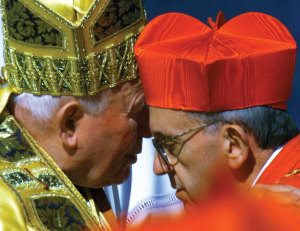
Pope John Paul II embraces Argentine Cardinal Jorge Bergoglio after presenting the new cardinal with a red biretta at the Vatican in February 2001.
What is Pope Francis thinking? Do his choices suggest that he is trying to fill the College of Cardinals with men who are going to compromise with the world and dismantle the traditional faith of Roman Catholicism? Not al all.
His choices suggest, rather, that he wishes to fill the College with men who have successfully battled on the “front lines” where the faith is under attack, who have defended the faith with great energy and courage.
The Pope discerns a worldwide battle over the faith, a global effort to “colonize” every region of the world with a non-Christian “agenda,” and he has chosen men with experience on the front lines of this battle.
He has not forgotten Europe. He has chosen five voting cardinals from Europe. But he has chosen 10 from the “peripheries” of the world — the regions of the world where Catholicism is growing.
So, a more balanced, and profound, analysis of what Pope Francis is doing in choosing these men would be that he is reinforcing the College of Cardinals precisely in the most effective way, at a moment when the battle for the faith is “going global.” To this end, Francis has chosen men who are staunch defenders of traditional Catholic morality, culture and theology.
For example, cardinal-designate Archbishop Dominique Mamberti, the Vatican’s Secretary for Relations with States, insisted, at a 2012 UN news conference, on a recognition that international law is “solidly based upon the dignity and nature of humanity — in other words, upon the natural law.”
International law will earn respect, he said, “if legislation at the international level is marked by respect for the dignity of the human person, beginning with the centrality of the right to life and to freedom of religion.”
This is not a sign of a retreat from the “pro-life” cause. It is a reflection of a solemn, profound commitment on the part of these cardinals to defend life and the dignity of human beings against changes in international law which would undermine that dignity. Mamberti is a staunch defender of the right to life and the dignity of human life.
And consider this. In 2006, The Economist magazine called on the Vatican to remove itself from permanent-observer status at the UN and instead become a “non-governmental organization” — one of a myriad of such pressure groups. Mamberti forcefully defended the Vatican’s role at the UN, saying: “This is why the Holy See’s activity within the international community is often a ‘sign of contradiction,’ because it does not cease to raise its voice in defense of the dignity of each person and of the sacredness of all human life, above all the most vulnerable, and in defense of the family founded upon marriage between one man and one woman.”
And Mamberti is not the only one among the new cardinals with views like these. In the Cape Verde Islands, for example, cardinal-designate Bishop Arlindo Furtado — and the African Catholic clergy in general — in 2005 welcomed the election to the papacy of Joseph Ratzinger (now Pope Emeritus Benedict XVI), saying, “Ratzinger will be a man of reference for our times.”
According to the African Online News of April 20, 2005, Furtado and his diocese looked forward to “conservative continuity under Pope-elect Benedict XVI” because he was known as the “theological mastermind behind Pope John Paul II’s conservative doctrines regarding abortion, contraceptives, celibacy, female clergy and sexual minorities.”
A third example is the Archbishop of Morelia, Mexico, cardinal-designate Alberto Suarez Inda. He has strenuously objected to a recent Mexican Supreme Court ruling in favor of adoptions by homosexual couples. “It’s one thing to tolerate conduct contrary to what is commonly accepted,” he said. “It’s another to want to legitimize that which goes against nature itself.”
The doctrinal and social convictions of these three prelates expressed publicly, cannot be construed as other than “cultural conservatism,” despite media efforts to paint the Pope’s new choices for cardinal with a uniformly “moderate” brush.

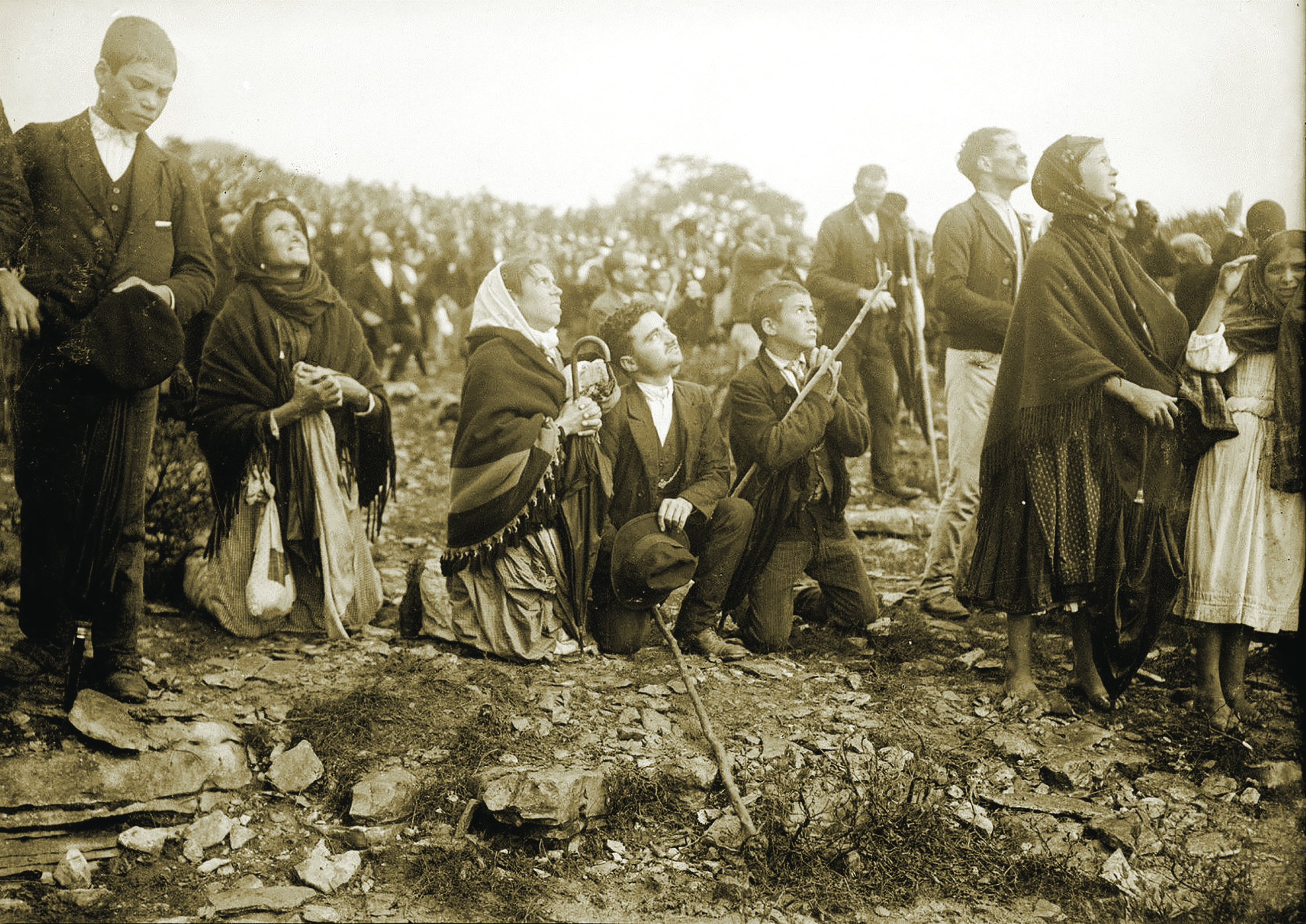

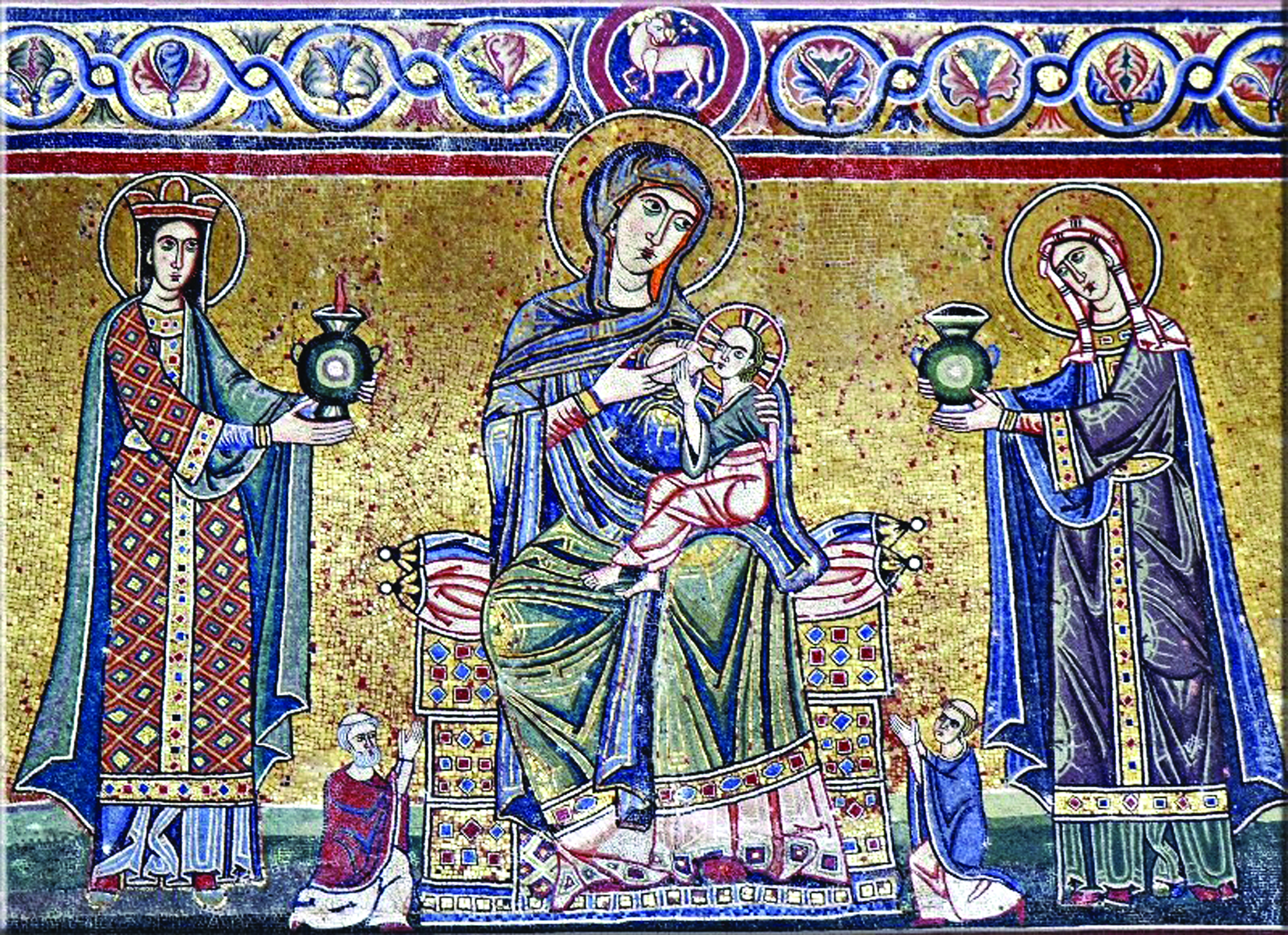

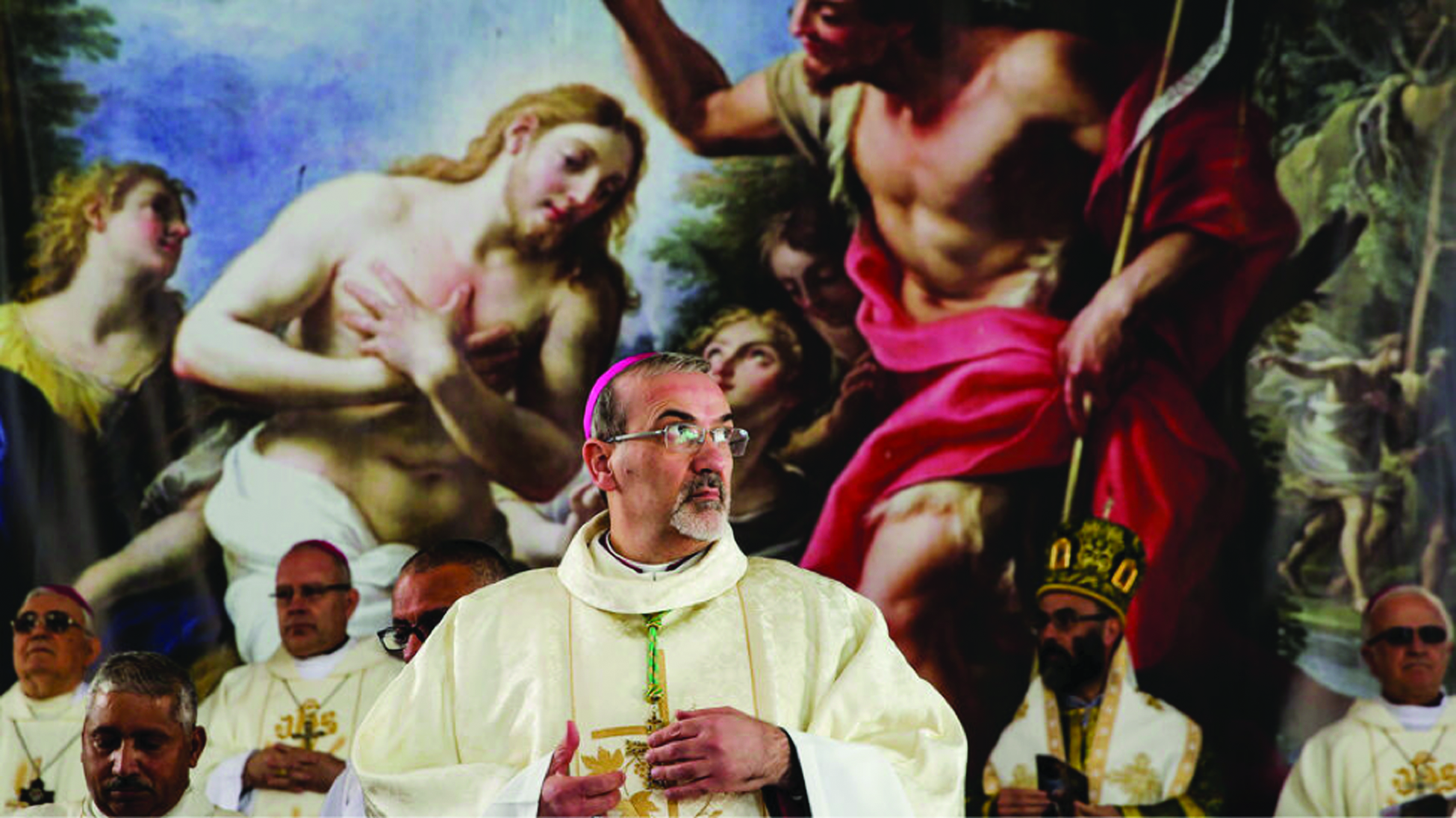
Facebook Comments